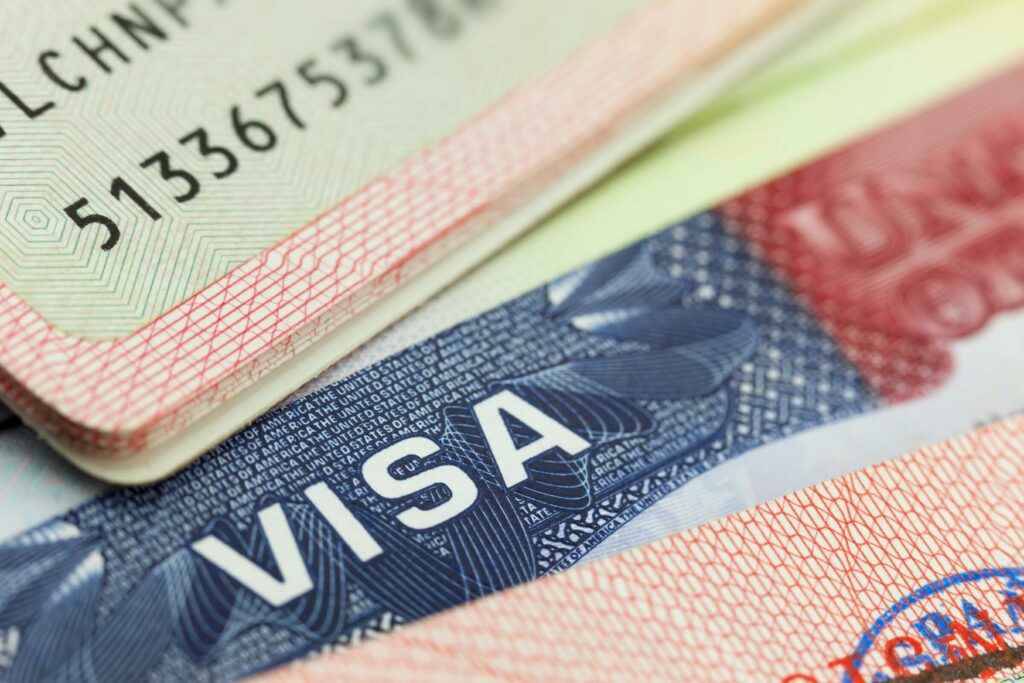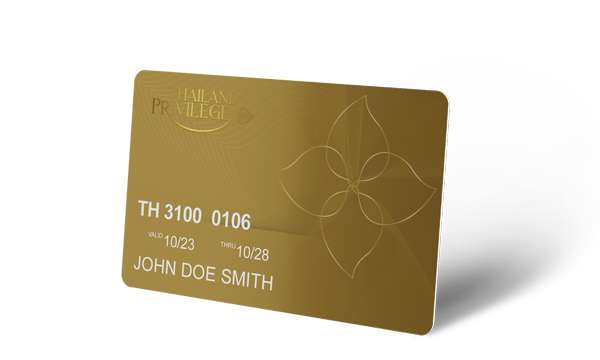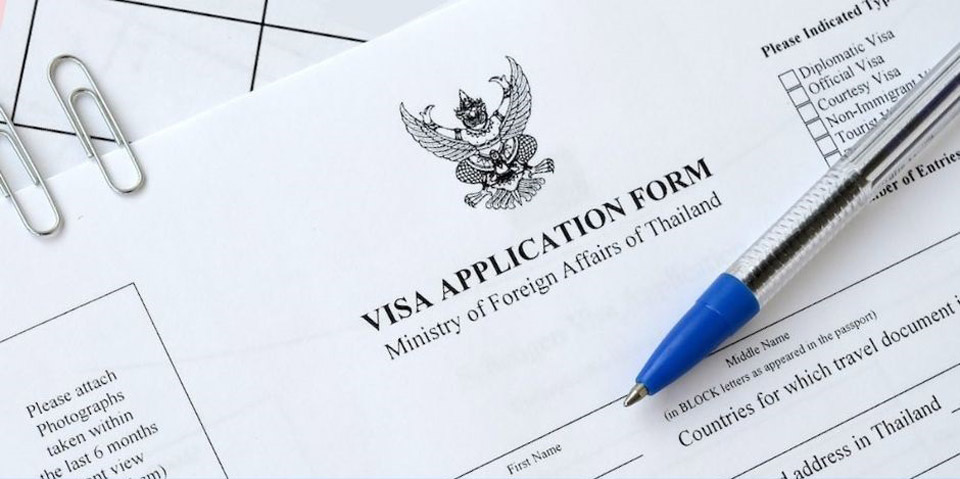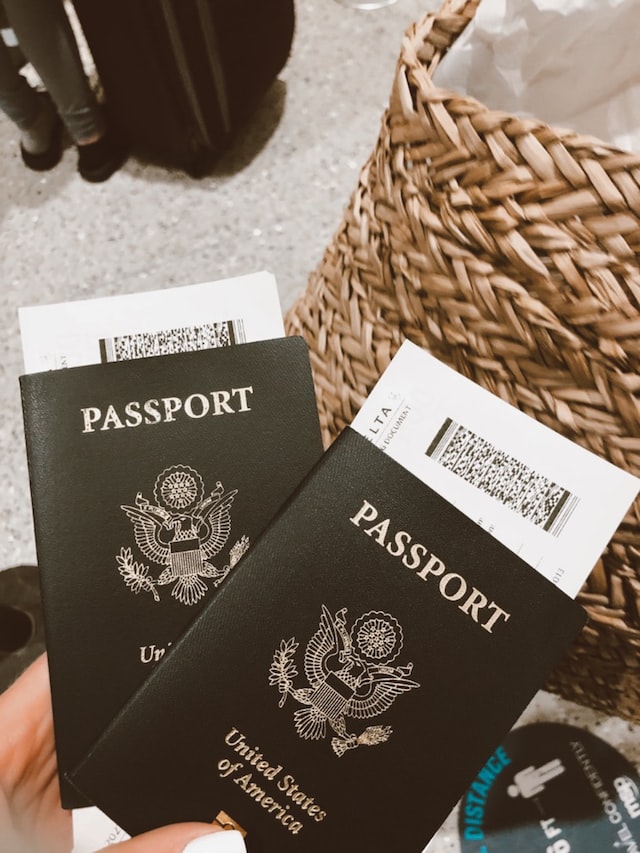The Multiple Entry Tourist Visa (METV) is a specialized visa issued by the Thai Ministry of Foreign Affairs that allows qualified foreign nationals to enter and exit Thailand multiple times over a period of six months for tourism purposes. Though the visa appears straightforward, it is governed by a complex interaction between Thai immigration policy, regional diplomacy, and practical enforcement.
This article examines the METV in detail—from its legal foundation and eligibility criteria to its real-world use cases and limitations.
I. Legal and Policy Framework
The METV is governed by:
-
Immigration Act B.E. 2522 (1979)
-
Ministerial Regulations on Visa Issuance
-
Notifications by the Royal Thai Embassy or Consulate General in each applicant’s home country
Unlike visa exemptions and visa-on-arrival schemes that are unilaterally or bilaterally arranged, the METV is a consular-issued visa, and decisions are made at the discretion of the issuing embassy or consulate.
II. Purpose and Scope
The METV is designed for tourism-related travel, and holders are strictly prohibited from:
-
Engaging in employment or business activities
-
Enrolling in long-term academic programs
-
Conducting media or research work without appropriate permits
The visa is intended for travelers who need to enter and exit Thailand frequently over a medium period, such as:
-
Tourists combining Thailand with other ASEAN destinations
-
Digital nomads (unofficially, due to flexibility of stay)
-
Individuals visiting Thai-based partners or family on a recurring basis
III. Visa Validity and Duration of Stay
A. Validity Period
-
The METV is valid for 6 months from the date of issuance.
-
The traveler may enter Thailand as many times as they wish during that period, subject to immigration discretion.
B. Duration per Entry
-
Each entry permits a stay of up to 60 days.
-
The stay may be extended once for an additional 30 days at an immigration office within Thailand (THB 1,900 fee).
-
Once the extension expires, the holder must exit and re-enter for a new 60-day period to begin.
C. Overstay Penalties
Overstaying a METV entry period results in:
-
THB 500 per day fine (up to THB 20,000)
-
Potential blacklisting for overstays of more than 90 days
-
Risk of denied re-entry at discretion of immigration officers
IV. Eligibility and Application Process
The METV application must be submitted at a Thai embassy or consulate in the applicant’s country of nationality or residence.
A. Key Eligibility Requirements
-
Passport valid for at least 6 months beyond intended final exit
-
Proof of employment or school enrollment
-
Bank statement showing sufficient funds (typically THB 200,000 or equivalent)
-
Letter of employment or confirmation of business registration
-
Accommodation reservations or invitation letter from a host in Thailand
-
Proof of travel history or intent (e.g., flight bookings, itinerary)
Requirements may vary slightly between embassies, particularly regarding:
-
The required amount of financial proof
-
The form and language of support letters
-
Acceptable insurance documentation
B. Fees and Processing Time
-
Visa fee: Approximately THB 5,000 (varies by currency and country)
-
Processing time: 3–10 business days
-
Must be applied for in person or via designated visa agents; e-visa options are limited for METV at present
V. Entry and Exit Logistics
A. Border Re-Entry Validity
The METV can be used at international airports and land border crossings. However, repeated entries via land are subject to scrutiny.
-
Entry via international airports is generally unproblematic.
-
Entry via land borders is permitted but may be limited to two entries per calendar year for visa holders, per immigration policy (subject to change).
-
Immigration officers have discretion to deny re-entry if they suspect abuse of tourist status.
B. “Border Runs”
Although legal under an METV, repeated border runs can draw suspicion. Thai Immigration takes a stricter approach to frequent travelers who appear to live in Thailand long-term without a proper visa.
Signs of potential overuse:
-
High number of consecutive entries with no clear departure itinerary
-
Use of METV as a substitute for a business or marriage visa
-
Possession of work tools or business cards at the time of entry
VI. METV vs. Other Thai Tourist Visas
| Feature | METV | Single Entry Tourist Visa (SETV) | Visa Exemption |
|---|---|---|---|
| Validity | 6 months | 3 months | N/A |
| Entries | Multiple | One | One |
| Stay per entry | 60 days (extendable) | 60 days (extendable) | 30–45 days |
| Application location | Embassy in home country | Embassy in any country | None |
| Cost | ~THB 5,000 | ~THB 2,000 | Free |
VII. Practical Use Cases
A. Long-Term Travelers
Individuals wishing to explore Southeast Asia and make Thailand a base for a few months often benefit from the METV. However, they must ensure:
-
They exit and re-enter properly within permitted intervals
-
They avoid conducting business or remote work that could be classified as employment under Thai law
B. Family Visits
Spouses or family members of Thai citizens or residents (who do not yet qualify for a marriage or dependent visa) may use the METV to facilitate frequent stays.
C. Property Owners
Foreigners owning condominiums in Thailand often use METVs for extended stays without committing to a retirement or investment visa, though this visa does not confer residence status.
VIII. Risks and Limitations
-
Not renewable inside Thailand: Once the 6-month validity expires, applicants must return to their home country to reapply.
-
No employment rights: Engaging in any work-related activity, even online freelancing, may violate immigration regulations.
-
Immigration discretion: Each re-entry is subject to assessment; prior entries do not guarantee future access.
-
No pathway to permanent residency: Time spent in Thailand under an METV does not count toward permanent residency eligibility.
IX. Compliance and Exit Strategy
To maintain good standing with Thai immigration:
-
Maintain a clear travel history and record of exits
-
Avoid overstays or using the visa in place of a business/work permit
-
Consider transitioning to a more appropriate long-term visa if visiting frequently for family or work purposes
When the METV expires, applicants must:
-
Leave Thailand before the last entry expires
-
Reapply from abroad if intending to return under the same visa category
Conclusion
The Thailand Multiple-Entry Tourist Visa offers a unique solution for qualified travelers seeking flexibility, medium-term stay options, and regional travel throughout ASEAN. However, it requires careful compliance with Thai immigration rules and is not intended for individuals living semi-permanently in Thailand without proper authorization. Used responsibly, it is a valuable tool for recurring visits—but not a substitute for work, retirement, or residency visas.





